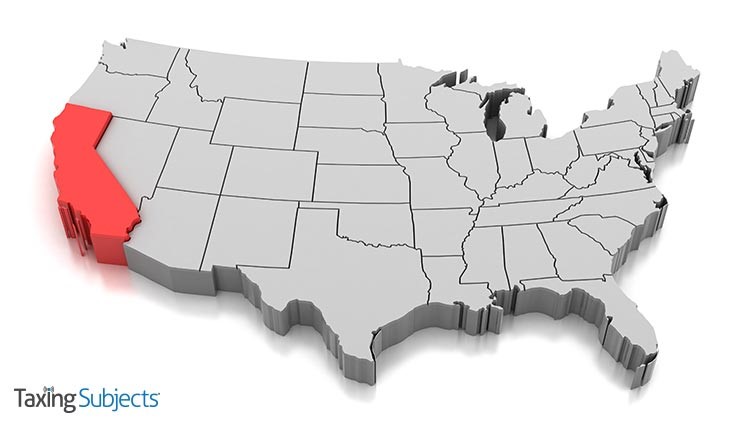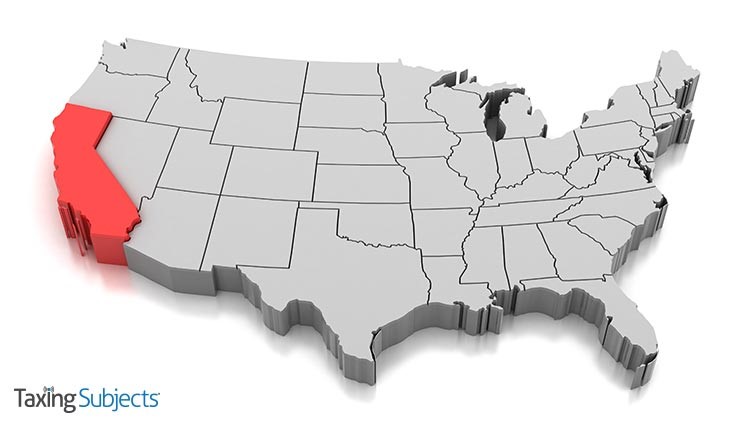
Unemployment claims may have fallen since the initial months of the pandemic, but millions of Americans continue to struggle with long-term joblessness and medical bills caused by the coronavirus. While a third round of federal Economic Impact Payments is expected this year, qualifying Californians will also receive a separate, state-issued payment: The Golden State Stimulus.
According to the “Golden State Stimulus” page on the State of California Franchise Tax Board website, most qualifying low-income California residents will automatically receive a $600 or $1,200 payment 45 to 60 days after filing their tax year 2020 state return—provided they file by Oct. 15, 2021 and meet other criteria.
Who qualifies for the Golden State Stimulus payment?
Generally, two groups of California residents can qualify for the Golden State Stimulus:
- CalEITC beneficiaries making $30,000 or less
- ITIN holders making $75,000 or less
Those who change their permanent residence to another state or country before the state actually issues a stimulus payment may not qualify, even if they would otherwise meet all other prerequisites.
Are there resources to help determine Golden State Stimulus eligibility?
The FTP site provides the following tables to help qualifying Californians determine the amount they are eligible to receive and what they should do to get a payment.
The first table shows how being a CalEITC recipient, ITIN holder, or joint filer can affect the amount of the stimulus payment:
|
Your stimulus amount |
|
|
On your 2020 tax return… |
Stimulus amount |
|
You are a CalEITC recipient with an SSN |
$600 |
|
You are a CalEITC recipient with an ITIN |
$1,200 |
|
You are not a CalEITC recipient, but you:
|
$600 |
|
You file a joint return and:
|
$600 |
|
You file a joint return and:
|
$1,200 |
The second table contains four scenarios that can affect stimulus eligibility, like qualifying for CalEITC but not claiming it on the 2020 return:
|
Scenarios for claiming the Golden State Stimulus |
|
|
Scenario |
What to do |
|
You already filed your 2020 taxes and received a CalEITC refund. |
You don’t need to do anything. You will receive your payment by direct deposit or paper check. |
|
You filed your 2020 taxes with your ITIN and made $75,000 or less (total CA AGI). |
You don’t need to do anything. You will receive your payment by direct deposit or paper check. |
|
You filed your 2020 taxes but did not claim CalEITC and you’re eligible for CalEITC. |
Amend your 2020 tax return immediately. |
|
You will file a 2020 tax return but will not claim CalEITC. |
You may still be eligible for the stimulus payment for 2020 if you (or your spouse):
Be sure to file your 2020 tax return no later than October 15, 2021. |
A final note: These stimulus payments are set to expire on November 15, 2021. That’s why the FTB recommends qualifying California residents file their 2020 return by October 15. Otherwise, they risk losing their payment.
For more information about the Golden State Stimulus, visit FTB.CA.gov.
Source: “Golden State Stimulus,” FTB.CA.gov/About-FTB/Newsroom/Golden-State-Stimulus/index.html

